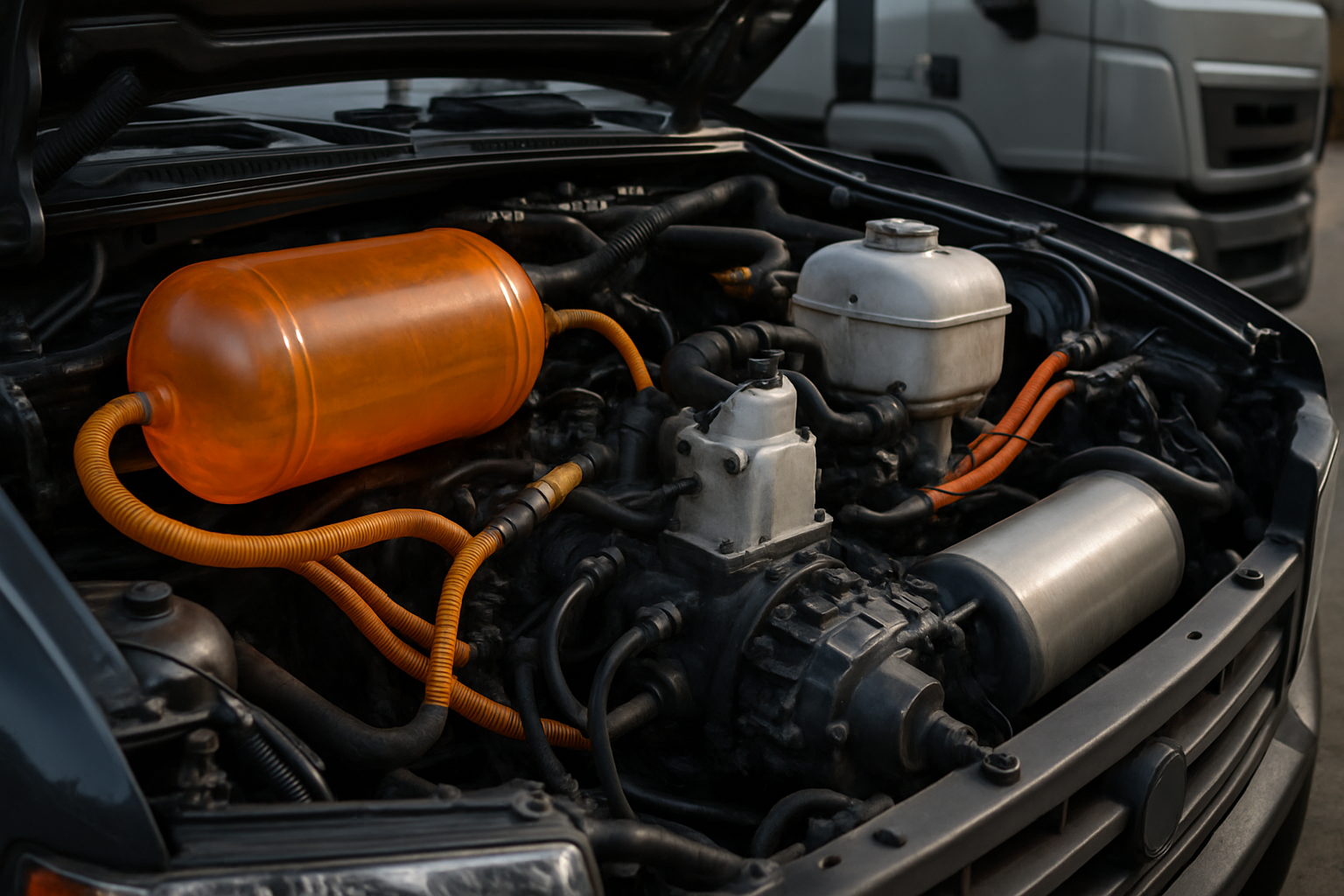Your Guide to Purchasing Donated Cars: Tips and Tricks
Purchasing donated cars can offer significant savings compared to traditional car buying, but navigating this unique marketplace requires specific knowledge and preparation. Donated vehicles typically come from charitable organizations that receive car donations from individuals seeking tax benefits while supporting worthy causes. These cars are often sold at auctions or through dealers who specialize in previously donated vehicles, creating opportunities for budget-conscious buyers to find reliable transportation at reduced prices.

Understanding How Donated Cars Enter the Market
When individuals donate their vehicles to charitable organizations, these cars follow specific pathways before reaching potential buyers. Most charities partner with auto auction companies or vehicle processing centers that handle the evaluation, preparation, and sale of donated vehicles. The condition of these cars varies significantly, ranging from well-maintained vehicles with minor cosmetic issues to cars requiring substantial mechanical work. Charities typically sell these vehicles through wholesale auctions, where dealers and individual buyers can participate in bidding processes to acquire them at below-market prices.
Essential Tips for Evaluating Donated Vehicles
Successfully purchasing donated cars requires thorough evaluation techniques that differ from standard used car inspections. Since these vehicles often have limited maintenance records, buyers must rely heavily on visual inspection and mechanical assessment. Check for obvious signs of wear, including rust, dent patterns, and interior condition that might indicate how the previous owner maintained the vehicle. Request any available service records and verify the vehicle identification number through services like Carfax or AutoCheck to uncover accident history, flood damage, or other potential issues that could affect long-term reliability and safety.
Navigating Auction Processes and Dealer Networks
The majority of donated cars reach buyers through specialized auction houses and dealer networks that focus on charity vehicle sales. Online auctions have become increasingly popular, allowing buyers to participate remotely while viewing detailed photos and condition reports. Physical auctions still offer advantages, particularly the ability to inspect vehicles personally and observe bidding patterns from experienced buyers. Some dealers specialize in purchasing donated vehicles from charities and reselling them with limited warranties, providing additional peace of mind for buyers who prefer traditional dealership experiences over auction uncertainty.
Financial Considerations and Cost Analysis
Understanding the true costs associated with purchasing donated cars extends beyond the initial purchase price. Many donated vehicles require immediate repairs or maintenance that previous owners deferred, potentially adding hundreds or thousands of dollars to the total investment. Factor in registration fees, insurance costs, and potential financing charges when calculating overall expenses. Some auction houses charge buyer’s premiums that can add 5-10% to the final purchase price, while transportation costs for distant purchases can significantly impact budget calculations.
| Vehicle Type | Average Purchase Price | Estimated Additional Costs | Total Investment Range |
|---|---|---|---|
| Compact Cars | $3,000 - $8,000 | $500 - $2,000 | $3,500 - $10,000 |
| Mid-size Sedans | $5,000 - $12,000 | $800 - $3,000 | $5,800 - $15,000 |
| SUVs/Trucks | $7,000 - $18,000 | $1,000 - $4,000 | $8,000 - $22,000 |
| Luxury Vehicles | $8,000 - $25,000 | $1,500 - $6,000 | $9,500 - $31,000 |
Prices, rates, or cost estimates mentioned in this article are based on the latest available information but may change over time. Independent research is advised before making financial decisions.
Insider Strategies for Successful Purchases
Experienced buyers of donated cars employ specific strategies to maximize value and minimize risks. Establish relationships with auction houses and dealers who regularly handle charity vehicles, as they often provide advance notice of particularly desirable inventory. Set strict budget limits before participating in auctions to avoid emotional bidding that exceeds financial comfort zones. Research comparable vehicle prices in local markets to ensure auction purchases represent genuine savings after accounting for additional costs and potential repairs.
Legal Requirements and Documentation
Purchasing donated cars involves specific legal considerations that buyers must address to ensure proper ownership transfer and legal compliance. Verify that the selling organization has clear title to the vehicle and authority to transfer ownership legally. Some states have specific regulations governing charity vehicle sales, including disclosure requirements about the vehicle’s donation status and condition. Ensure all necessary paperwork is completed properly, including title transfers, registration applications, and any required inspections or emissions testing that might be needed before the vehicle can be legally operated.
Purchasing donated cars offers opportunities for significant savings while supporting charitable organizations, but success requires careful preparation, thorough evaluation, and realistic expectations about potential additional costs. By understanding the unique characteristics of the donated vehicle market, employing proper inspection techniques, and maintaining disciplined purchasing approaches, buyers can find reliable transportation at attractive prices while contributing to worthy charitable causes through their purchases.




